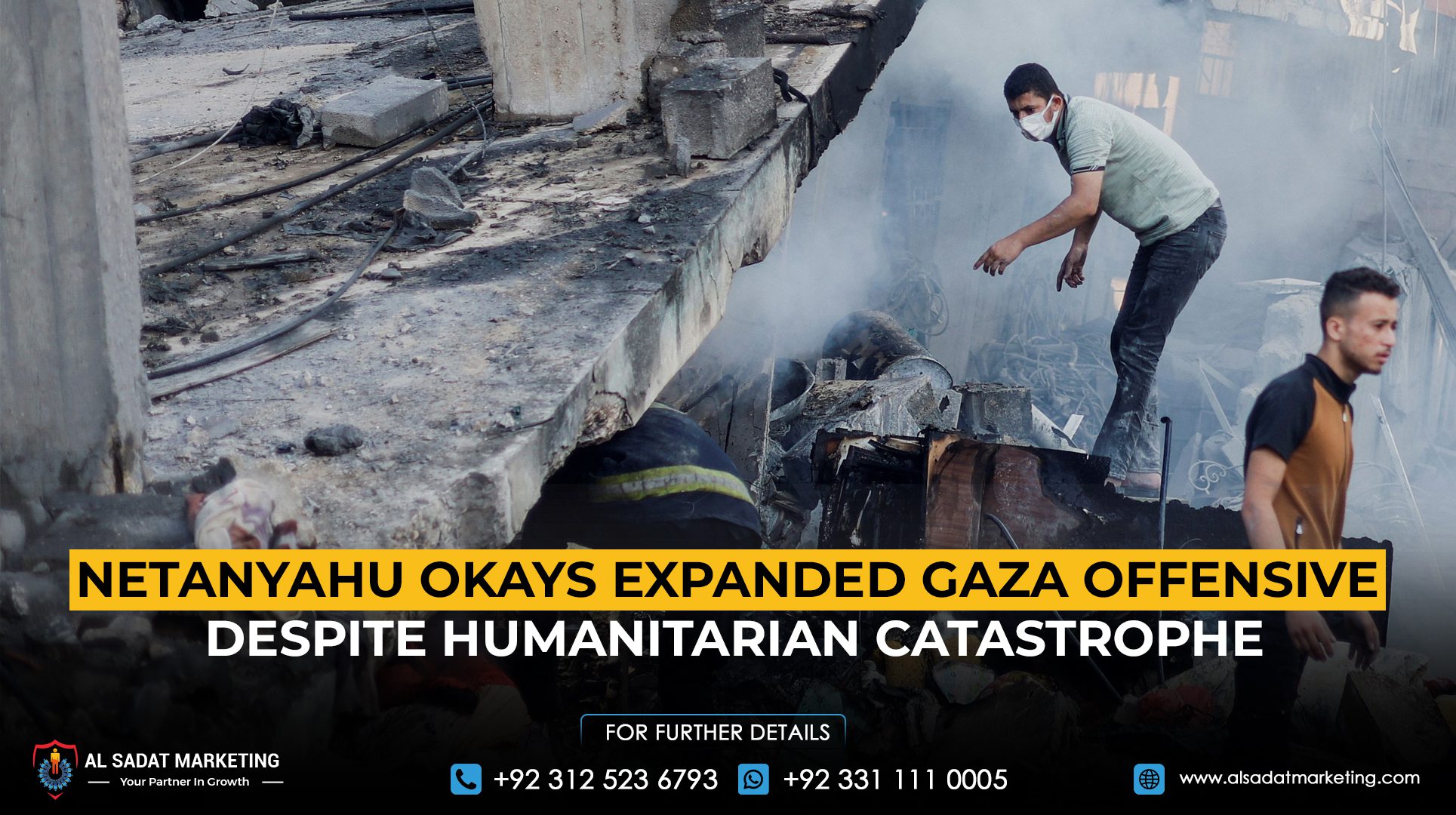The Israeli military has begun mobilizing tens of thousands of reservists in preparation for an expanded military campaign in the Gaza Strip. The Israel Defense Forces (IDF) announced on Sunday that it is intensifying operations against Hamas with the goal of dismantling its above- and below-ground infrastructure. This development comes amid mounting criticism of the Israeli government’s handling of the conflict and its failure to secure the release of remaining hostages held in Gaza.
A new phased plan for the escalation was presented to Prime Minister Benjamin Netanyahu on Friday by top military officials. Local media reports confirm that the Israeli security cabinet has approved the expansion. However, the renewed offensive is not expected to commence until after former US President Donald Trump’s scheduled visit next week.
Since the collapse of a two-month ceasefire on March 18, there have been no further hostage releases. According to Israeli authorities, 59 hostages are still held in Gaza, with 24 believed to be alive. Despite ongoing mediation efforts, a new ceasefire or hostage deal has not been reached, sparking public outrage and protests across Israel.
Also Read: Lakeshore City’s Long-Term Growth Plan: A Look Into the Future
Over the weekend, demonstrations erupted in major cities, including Tel Aviv, where the mother of a hostage described the ongoing war as “needless.” Critics, including families of hostages and opposition figures, are calling on Netanyahu to prioritize diplomacy over continued military operations. The strain on the IDF’s reserve force is also growing, as many reservists have been called up multiple times since the start of the conflict. Thousands have signed open letters demanding a shift in strategy toward securing a negotiated resolution.
Netanyahu continues to face accusations of prolonging the war for political purposes, which he denies. Nearly 19 months into the war, his government has yet to unveil a comprehensive post-conflict plan for Gaza, deepening public frustration.
The war began on October 7, 2023, following a cross-border attack by Hamas that left around 1,200 people dead and 251 taken hostage. In response, Israel launched a large-scale military campaign, capturing significant territory in Gaza. The humanitarian toll has been severe, with the Hamas-run health ministry in Gaza reporting over 52,500 deaths since the start of the war, including 2,436 fatalities since the ceasefire breakdown in March.
Humanitarian agencies have condemned Israel’s continued blockade of aid into Gaza, warning that the tactic could amount to a war crime under international law. Israel maintains that the blockade is a strategic measure to pressure Hamas into releasing the hostages.
Meanwhile, regional tensions escalated on Sunday when a missile launched by Yemen’s Iran-aligned Houthi rebels landed near Ben Gurion airport. Although no casualties were reported, the Houthis claimed they would continue launching attacks to enforce an aerial blockade on Israel. Prime Minister Netanyahu responded with a vow of retaliation.
Over the weekend, two more Israeli soldiers were killed in action, further fueling the Israeli public’s discontent as the war shows no sign of a conclusive end.










